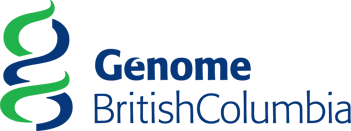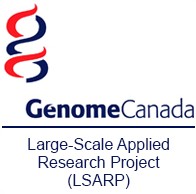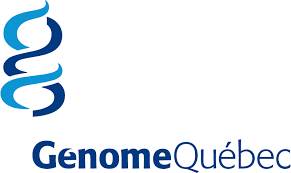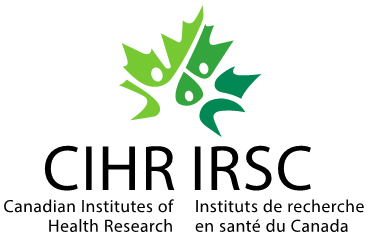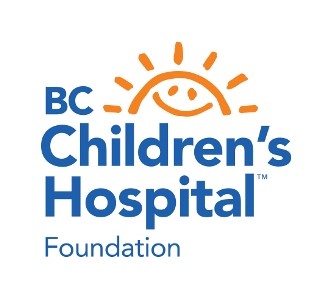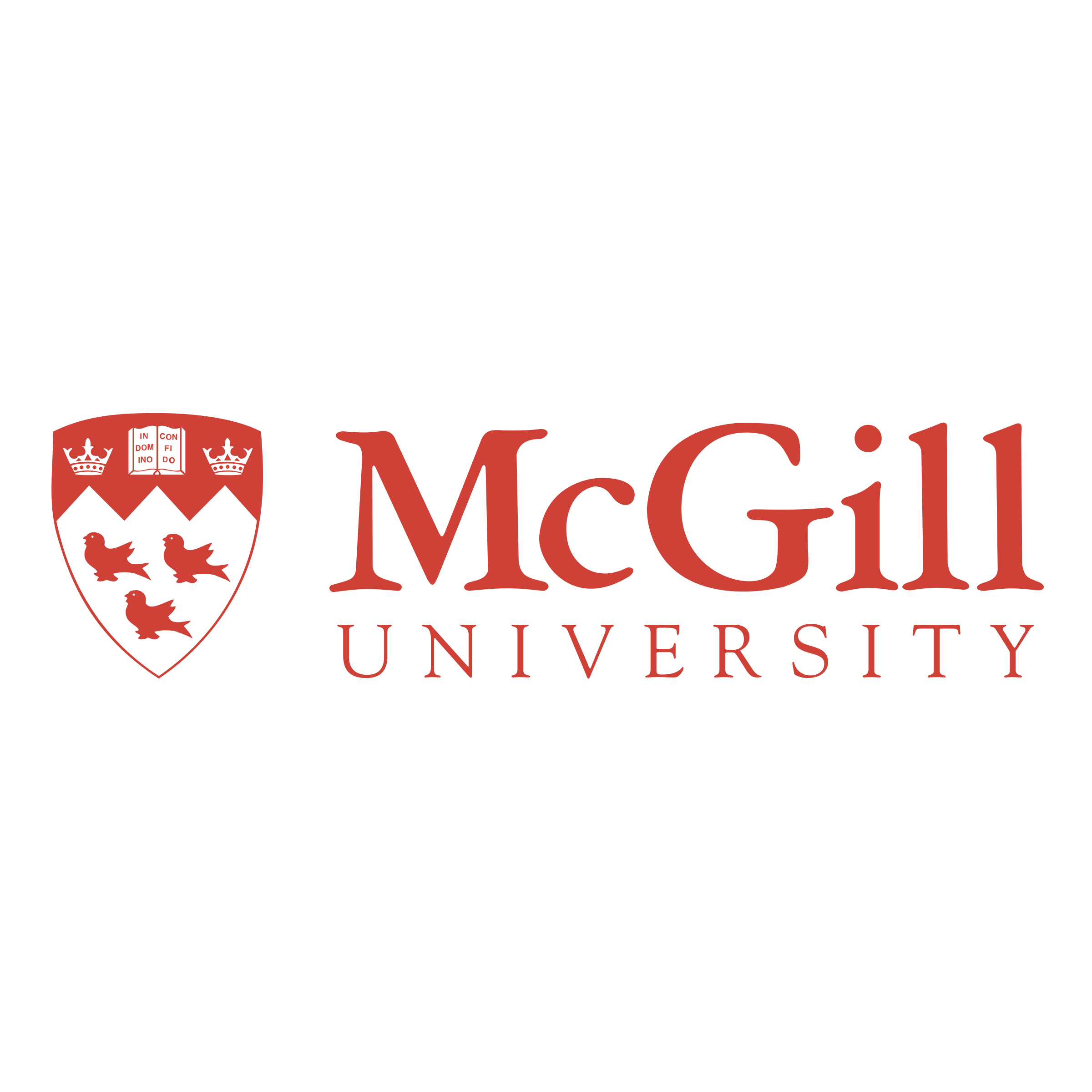ACTIVITY 1- PROFESSION: Genetic Counsellors Workforce Needs Assessment
Members: Dr. Alison Elliott, Dr. Larry Lynd (Co-Leads), Dr. Nick Dragojlovic, Kennedy Borle, Nicola Kopac
Rationale: Given the exponential decrease in the cost of genomic sequencing over the past decade and a half and the current move towards precision medicine, it is likely that the proportion of patients undergoing genomic sequencing will grow dramatically, but the magnitude of this growth is highly uncertain. Because the field of genetic medicine is advancing very quickly, it is challenging for health care systems to keep up with increasing demand. The main goal of this activity is to estimate the potential unmet needs for clinical genetics services in Canada and the ability of the Canadian clinical genetics workforce to meet these needs over the next decade. To conduct this workforce analysis, we will create economic models that forecast the evolution of demand for clinical genetics services in Canada and the capacity of our genetics workforce to meet this demand under a range of different scenarios.
- Activity 1.1: Environmental Scan
-
We will conduct a systematic literature review of studies that describe or analyze the medical genetics workforce and studies that summarize utilization trends in one or more areas of genetic services. This environmental scan aims to measure current supply and demand, identify key drivers that could change supply or demand in the future, and evaluate the availability and quality of evidence for each of these drivers.
- Activity 1.2: Current Genetics Services
-
Having defined a conceptual model and identified potential gaps in available evidence for our workforce analysis, we will undertake two follow-on studies to develop concrete estimates for the current level of utilization of genetics services in Canada. First, we will develop collaborations to obtain aggregate data on the number and types of genetic tests ordered in Canadian provinces. Second, we will assemble a Delphi panel of genetics services experts to solicit perspectives on current and predicted genetic services and counselling needs.
- Activity 1.3: Workforce analysis
-
The workforce analysis will involve the development of supply and demand models for genetic counselling services in Canada. Combining projections about how supply and demand drivers are likely to evolve will allow us to explore the workforce implications for different possible futures for genomic medicine and to identify scenarios in which the mismatch between supply and demand for genetic counsellors will be most severe.
- Activity 1.4: Stakeholder Focus Groups
-
We will conduct a set of focus groups with stakeholders in which the results of the workforce analysis are presented and in which participants are asked to evaluate the plausibility and utility of the supply and demand estimates for different scenarios.
Health Economics
Health economics research is a key component of GenCOUNSEL and is integrated throughout several of the project’s activities. Economic analyses in health research can include economic evaluations, which aim to evaluate the efficiency and value of healthcare technologies, programs, and services, as well as studies aimed at understanding the drivers and dynamics of production and consumption in healthcare. As genome wide sequencing (GWS; i.e., exome or genome sequencing) becomes more integrated into clinical care, health economics research is necessary to support decision-making related to equitable and cost-effective access to genetic services across Canada. This work will provide evidence to optimize implementation strategies, guide further research, inform policy decisions, and ultimately contribute to better patient care.
